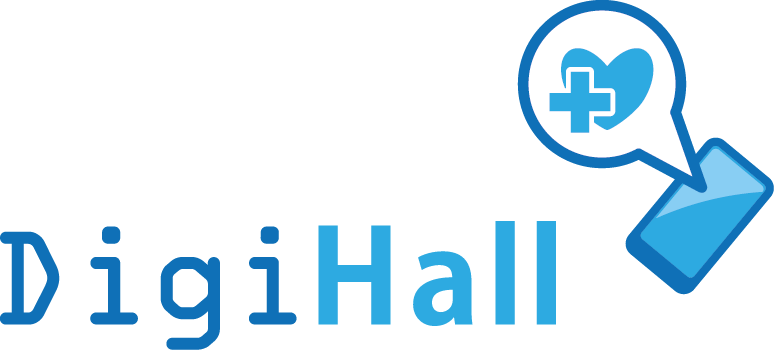The importance of digital health literacy is becoming more and more apparent, and the Project DIGIHALL, involving Germany, Greece and Italy and co-funded by the EU, deals precisely with this issue.
The first project phase, developed in the first year of DIGIHALL, consists in the research, study and development of this literacy process and in the in-depth thematic analysis, which are key steps to advance the experimentation and implementation of the DIGIHALL platform and app.
Before going into PR1, it is worth mentioning the importance of the Guideline Report as they represent a central point of the project. They illustrate the results of the research, providing a comprehensive overview of the current situation regarding DHL and DHT in the countries involved. The Guideline Report, which was translated into all languages of the partner countries (German, Greek and Italian), is the compass on which to build a proper training orientation dedicated to those who will support the elderly approaching the world of DHL.
The work carried out by the researchers during the first year represents the foundations of the project: an examination of the role and importance of DHL in each national context was conducted both at national level and by comparison with other European countries involved. Project Result 1 involved a literature review in each partner country and interviews with people in third age, informal and low-trained caregivers, volunteers and DHL-experts. The purpose of the interviews was to analyse the needs of the target groups with respect to digital health literacy and digital health technologies and to guide the creation and development of the most appropriate training content to be included in the platform.
Indeed, the health emergency related to the Covid-19 pandemic has inevitably prompted users and caregivers to approach the digital world and new technologies with more conviction. A necessity, but at the same time a valuable opportunity for development in what concerns one’s knowledge related to DHT and to alleviate the loneliness to which the Covid-19 pandemic has forced many people. Since 2020, in fact, it has become more complicated to care for an elderly person without having any knowledge of the digital world (for example, in Italy, the request for ambulance transport is made in some cases via email or through the use of SPID).
After the interview phase, possible daily life scenarios related to the use of DHT were created so that it was possible to reflect on the needs, opportunities and possible critical issues for caregivers and users. The case studies highlighted the necessities of an elderly person or the attitude of a caregiver who needs to approach the world of digital health literacy.
Approaching digital health technologies is not always easy, especially for those interacting with them for the first time. The difficulties may differ and may be barriers for the user: there can be physical difficulties (trembling hands, vision or hearing problems), but also the fear of inadequacy or fear of forgetting important information for use.
During the next months, project partners will focus on creating the training materials to be included in the e-learning platform and on the sustainability of the project.
